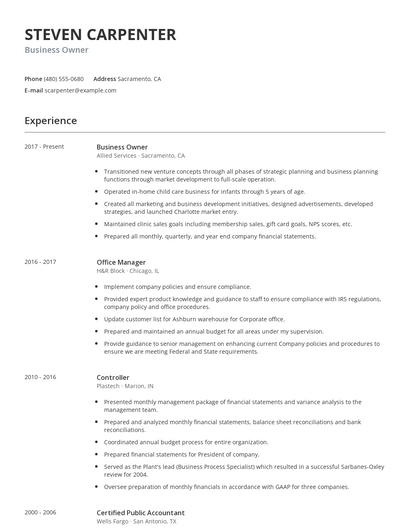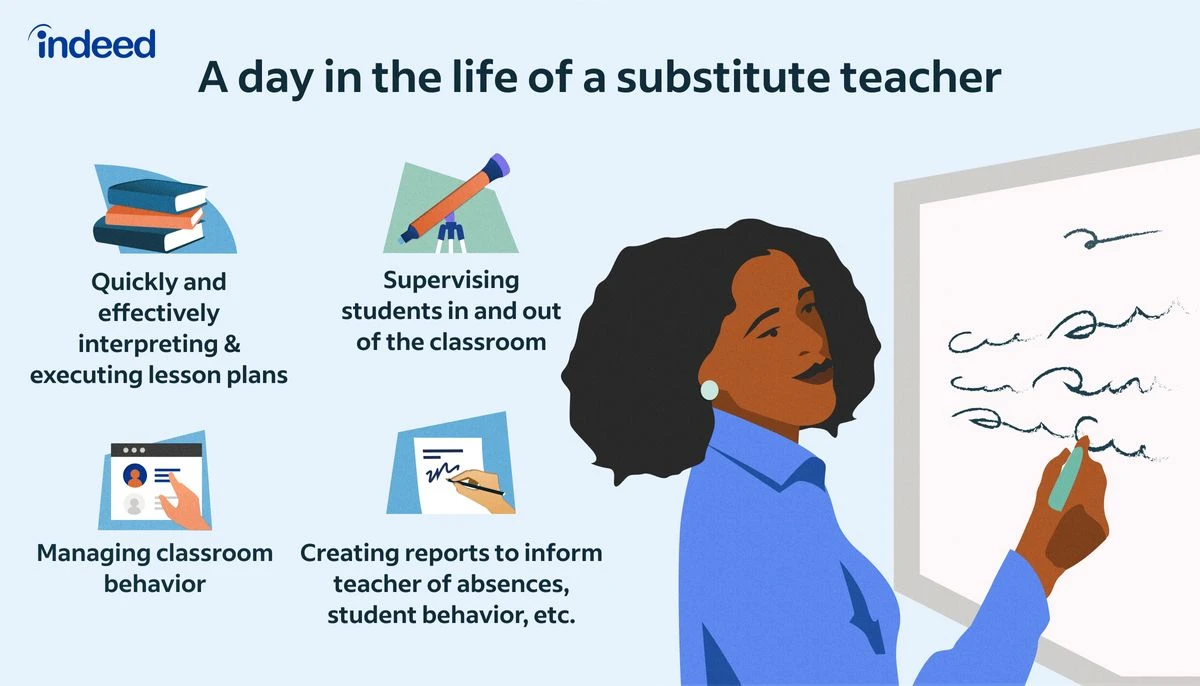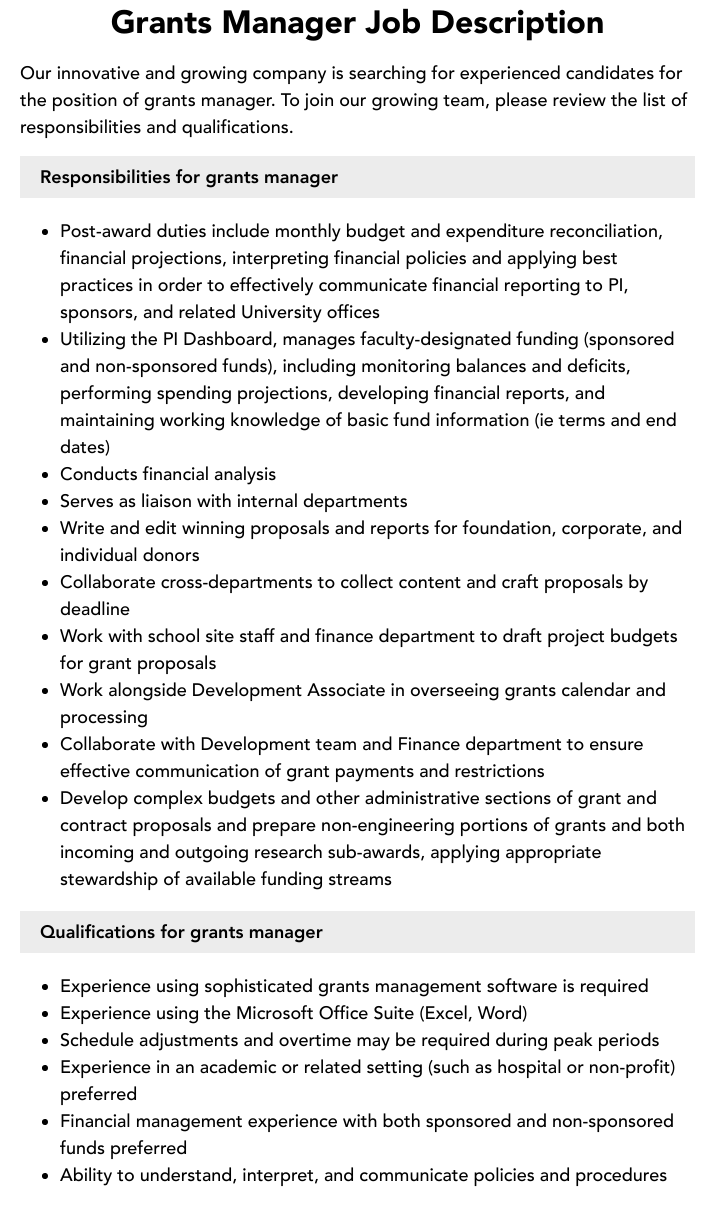
A security patrol supervisor job description outlines the responsibilities, duties, and qualifications required for a security patrol supervisor position. This role is responsible for overseeing the activities of security patrol officers and ensuring the safety and security of a property or area.
Security patrol supervisors play a vital role in maintaining order and preventing crime. They must be able to effectively manage a team of officers, assess and respond to security threats, and work closely with law enforcement and other emergency responders. In addition, security patrol supervisors must be able to develop and implement security plans and procedures, and conduct training for security personnel.
The following are some of the key responsibilities of a security patrol supervisor:
- Supervise and manage a team of security patrol officers
- Develop and implement security plans and procedures
- Conduct training for security personnel
- Monitor security cameras and other surveillance equipment
- Respond to security breaches and other emergencies
- Work closely with law enforcement and other emergency responders
- Prepare and maintain security reports
Security patrol supervisors must have a strong understanding of security principles and practices. They must also be able to effectively communicate with and motivate a team of officers. In addition, security patrol supervisors must be able to work independently and as part of a team. They must be able to make quick decisions and take decisive action in the event of a security breach or other emergency.
1. Supervision
Effective supervision is a cornerstone of any successful security operation, and the role of a security patrol supervisor is no exception. Security patrol supervisors are entrusted with the responsibility of managing and overseeing a team of security patrol officers, ensuring the seamless coordination and execution of security measures.
The ability to provide effective supervision requires a combination of leadership skills, technical expertise, and situational awareness. Security patrol supervisors must be able to motivate, guide, and empower their team members while maintaining a clear understanding of the security objectives and potential risks.
The importance of supervision in a security patrol supervisor job description cannot be overstated. Supervisors serve as the bridge between security management and the frontline officers, ensuring that policies and procedures are effectively implemented and that officers have the necessary resources and support to perform their duties effectively.
In real-life scenarios, effective supervision can make a tangible difference in the overall security posture of an organization. A well-supervised team of security patrol officers is more likely to be vigilant, responsive, and proactive in identifying and mitigating potential threats.
Understanding the critical connection between supervision and the security patrol supervisor job description is essential for organizations seeking to enhance their security operations. By investing in the development of strong supervisory skills and providing ongoing support to security patrol supervisors, organizations can empower their security teams to deliver exceptional results and maintain a safe and secure environment.
2. Planning
The ability to plan effectively is a critical aspect of the security patrol supervisor job description. Security patrol supervisors are responsible for developing and implementing security plans and procedures that outline the strategies and actions to be taken in various security scenarios. These plans and procedures serve as a roadmap for security patrol officers, providing them with clear guidelines and protocols to follow.
Effective planning is essential for a number of reasons. First, it enables security patrol supervisors to proactively identify potential security risks and vulnerabilities. By conducting thorough risk assessments and analyzing past security incidents, supervisors can develop plans that address specific threats and mitigate their impact. This proactive approach helps to prevent security breaches and ensures a more secure environment.
Second, security plans and procedures provide a framework for security patrol officers to respond to incidents in a consistent and effective manner. When officers are familiar with the established protocols, they can react quickly and appropriately to security threats, minimizing the potential for escalation or harm. This standardized approach also facilitates coordination between multiple security personnel, ensuring a cohesive response to complex security incidents.
Third, well-developed security plans and procedures can serve as a valuable tool for training and development. By providing clear instructions and expectations, security patrol supervisors can help officers to enhance their skills and knowledge, improving their overall performance and effectiveness. This investment in training contributes to a more professional and capable security team.
In summary, the connection between planning and the security patrol supervisor job description is vital for maintaining a secure environment. Through the development and implementation of effective security plans and procedures, supervisors can proactively address security risks, provide clear guidance to officers, and enhance the overall effectiveness of the security team.
3. Training
Training is an integral component of the security patrol supervisor job description, as it directly impacts the effectiveness and competence of security personnel. Supervisors are responsible for conducting training to enhance the skills and knowledge of their team members, ensuring they are well-equipped to fulfill their security responsibilities.
Effective training programs cover a range of topics, including security procedures, emergency response protocols, communication techniques, and legal compliance. Through hands-on exercises, scenario-based training, and theoretical instruction, supervisors impart essential knowledge and skills to security personnel.
Regular training is crucial for several reasons. Firstly, it enables security personnel to stay abreast of evolving security threats and best practices. By continuously updating their knowledge and skills, officers can adapt to changing security landscapes and respond effectively to emerging challenges.
Secondly, training enhances the overall performance of security personnel. Well-trained officers are more confident in their abilities, make better decisions under pressure, and can handle security incidents with greater efficiency. This translates into improved security outcomes and a more secure environment.
Thirdly, training fosters a culture of professionalism and accountability within the security team. When officers receive regular training and development opportunities, they feel valued and invested in. This leads to increased motivation, job satisfaction, and a stronger sense of ownership over their security responsibilities.
In conclusion, the connection between training and the security patrol supervisor job description is essential for maintaining a well-trained and competent security team. Through ongoing training initiatives, supervisors can equip their officers with the necessary skills and knowledge to effectively manage security risks, respond to incidents, and ensure the safety and security of their environment.
4. Monitoring
Monitoring is an essential aspect of the security patrol supervisor job description, as it plays a critical role in maintaining the safety and security of a property or area. Security patrol supervisors are responsible for monitoring security cameras and other surveillance equipment to detect and respond to potential threats, ensuring a proactive and effective security posture.
- Real-Time Surveillance: Security patrol supervisors use surveillance equipment to keep a watchful eye on their surroundings, monitoring live camera feeds and other security sensors. This real-time surveillance enables them to detect suspicious activities, identify potential threats, and respond promptly to security incidents.
- Threat Detection: Through continuous monitoring, security patrol supervisors can identify and assess potential threats to the security of their environment. They analyze camera footage and sensor data to detect unusual patterns, suspicious individuals, or any activity that may compromise security.
- Rapid Response: Upon detecting a potential threat, security patrol supervisors initiate an appropriate response. They may dispatch security patrol officers to investigate, contact law enforcement authorities, or take other necessary actions to mitigate the threat and ensure the safety of the premises.
- Collaboration and Communication: Effective monitoring requires collaboration and communication between security patrol supervisors and other security personnel. They share information about potential threats, coordinate responses, and work together to maintain a secure environment.
In conclusion, the connection between “Monitoring: They monitor security cameras and other surveillance equipment to detect and respond to potential threats” and the “security patrol supervisor job description” is crucial for proactive security management. Through continuous monitoring and effective response, security patrol supervisors enhance the overall security posture of their environment, ensuring the safety and well-being of individuals and property.
5. Response
The ability to respond effectively to security breaches and other emergencies is a critical aspect of the security patrol supervisor job description. Security patrol supervisors are responsible for taking appropriate action to mitigate risks and ensure the safety and security of their environment.
- Emergency Preparedness: Security patrol supervisors develop and implement emergency response plans, ensuring that security personnel are prepared to respond effectively to various types of emergencies, including natural disasters, fires, medical emergencies, and active shooter situations.
- Rapid Response: When an emergency occurs, security patrol supervisors are responsible for coordinating a rapid and efficient response. They assess the situation, dispatch security personnel, and work closely with law enforcement and emergency responders to mitigate the threat and protect life and property.
- Decision-Making: Security patrol supervisors must be able to make quick and decisive decisions in the face of an emergency. They evaluate the situation, consider the available resources, and take appropriate action to neutralize the threat and minimize the impact on the environment.
- Collaboration: Effective response to emergencies requires collaboration between security patrol supervisors and other stakeholders, including law enforcement, fire departments, and emergency medical services. Supervisors work together to coordinate efforts, share information, and ensure a unified response to the emergency.
In conclusion, the connection between “Response: Security patrol supervisors respond to security breaches and other emergencies, taking appropriate action to mitigate risks” and the “security patrol supervisor job description” is vital for maintaining a safe and secure environment. Through effective planning, rapid response, decisive decision-making, and collaboration, security patrol supervisors ensure that their team is prepared to handle any emergency situation and protect the well-being of individuals and property.
Frequently Asked Questions about Security Patrol Supervisor Job Description
This section addresses common questions and misconceptions surrounding the responsibilities, skills, and requirements associated with security patrol supervisor job descriptions.
Question 1: What are the primary responsibilities of a security patrol supervisor?
Security patrol supervisors are responsible for overseeing the activities of security patrol officers, developing and implementing security plans, conducting training, monitoring security cameras and other surveillance equipment, responding to security breaches and emergencies, and working closely with law enforcement and other emergency responders.
Question 2: What skills and qualifications are required for a security patrol supervisor position?
Security patrol supervisors typically need a high school diploma or equivalent, several years of experience in security or law enforcement, and strong leadership, communication, and interpersonal skills. Some employers may also require certification or specialized training in security management.
Question 3: What is the work environment like for a security patrol supervisor?
Security patrol supervisors typically work in a variety of indoor and outdoor settings, including office buildings, retail stores, schools, and hospitals. They may work day, evening, or overnight shifts, and may be required to work overtime or on weekends and holidays.
Question 4: What is the career outlook for security patrol supervisors?
The job outlook for security patrol supervisors is expected to grow faster than average in the coming years, due to the increasing demand for security services in various industries.
Question 5: What are the potential career paths for security patrol supervisors?
Security patrol supervisors may advance to management positions, such as security manager or director of security. Some may also choose to specialize in a particular area of security, such as cybersecurity or emergency management.
Question 6: What are the benefits of working as a security patrol supervisor?
Security patrol supervisors can enjoy a competitive salary and benefits package, as well as the opportunity to make a difference in their community by protecting people and property.
Summary: Security patrol supervisors play a vital role in maintaining order and preventing crime. They must be able to effectively manage a team of officers, assess and respond to security threats, and work closely with law enforcement and other emergency responders. In addition, security patrol supervisors must be able to develop and implement security plans and procedures, and conduct training for security personnel.
Transition: To learn more about the security patrol supervisor job description, its importance, and the benefits of engaging in this field, continue reading the informative article below.
Security Patrol Supervisor Job Description
Security patrol supervisors play a vital role in maintaining the safety and security of their organizations and communities. By following these tips, security patrol supervisors can enhance their effectiveness and achieve greater success in their roles:
Tip 1: Develop a Comprehensive Security Plan
A well-crafted security plan is the foundation of an effective security program. Security patrol supervisors should work closely with management to identify potential risks and vulnerabilities, and develop strategies to mitigate them. The plan should include clear guidelines for security officers, emergency response procedures, and communication protocols.
Tip 2: Provide Effective Training to Officers
Well-trained security officers are essential for maintaining a secure environment. Security patrol supervisors should provide regular training on security procedures, emergency response, and customer service. Training should be tailored to the specific needs of the organization and the officers’ roles and responsibilities.
Tip 3: Foster a Strong Team Environment
A cohesive and motivated team is essential for the success of any security operation. Security patrol supervisors should create a positive and supportive work environment, where officers feel valued and respected. Supervisors should encourage teamwork, open communication, and professional development.
Tip 4: Stay Up-to-Date with Security Trends
The security landscape is constantly evolving. Security patrol supervisors should stay abreast of emerging threats and best practices by attending industry conferences, reading professional publications, and networking with other security professionals.
Tip 5: Leverage Technology to Enhance Security
Technology can be a valuable tool for security patrol supervisors. Surveillance cameras, access control systems, and other security technologies can help to improve situational awareness, deter crime, and respond to incidents more effectively.
Tip 6: Collaborate with Law Enforcement and Emergency Responders
Security patrol supervisors should establish strong relationships with local law enforcement and emergency responders. This collaboration can improve communication, facilitate joint training exercises, and ensure a coordinated response to security incidents.
Tip 7: Continuously Evaluate and Improve Security Measures
Security is an ongoing process that requires constant evaluation and improvement. Security patrol supervisors should regularly review their security plans and procedures, and make adjustments as needed to address changing risks and threats.
Summary: By implementing these tips, security patrol supervisors can enhance their effectiveness, improve the security of their organizations and communities, and achieve greater success in their roles.
Transition: For further insights into the security patrol supervisor job description, its significance, and the advantages of pursuing this career path, continue reading the informative article below.



